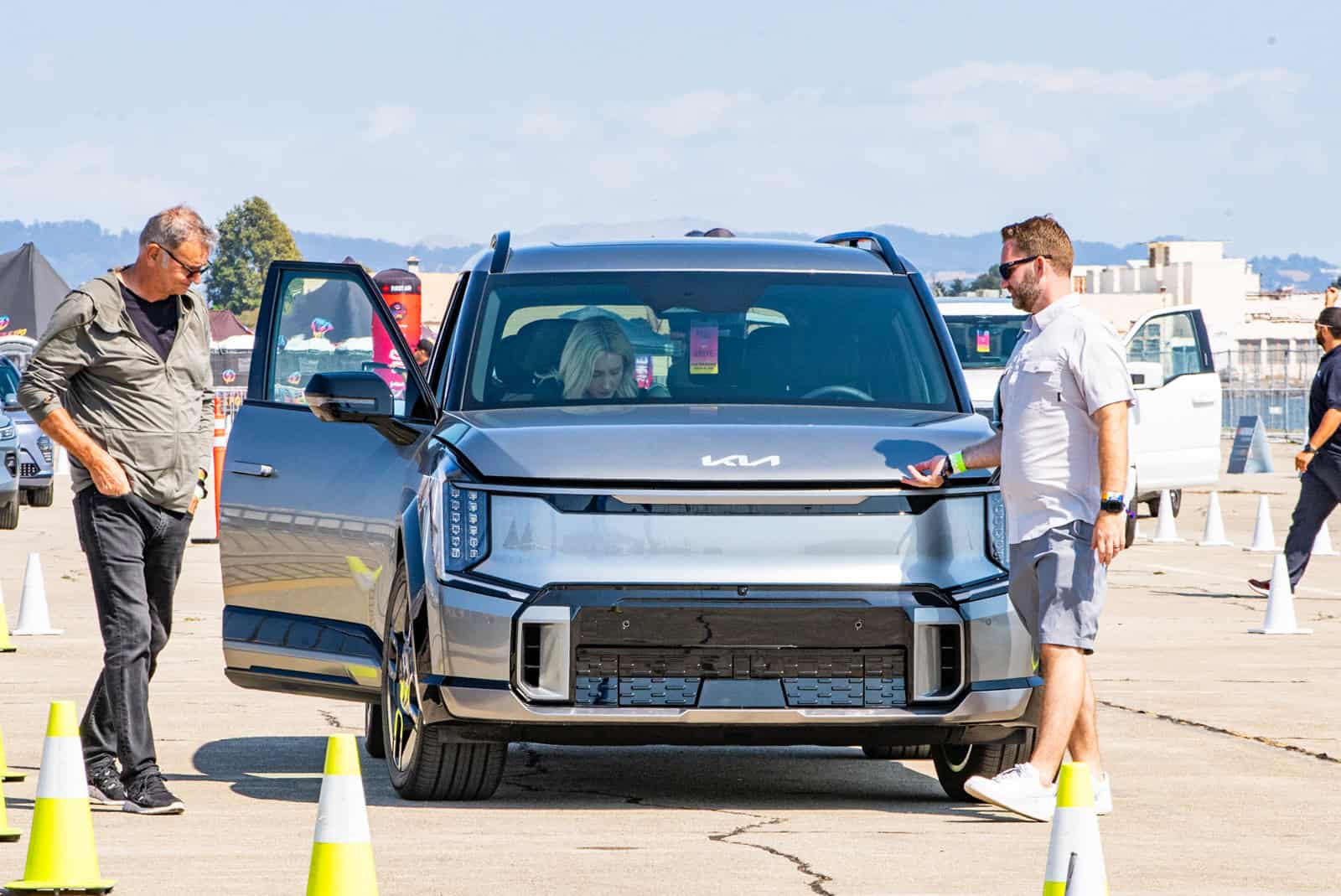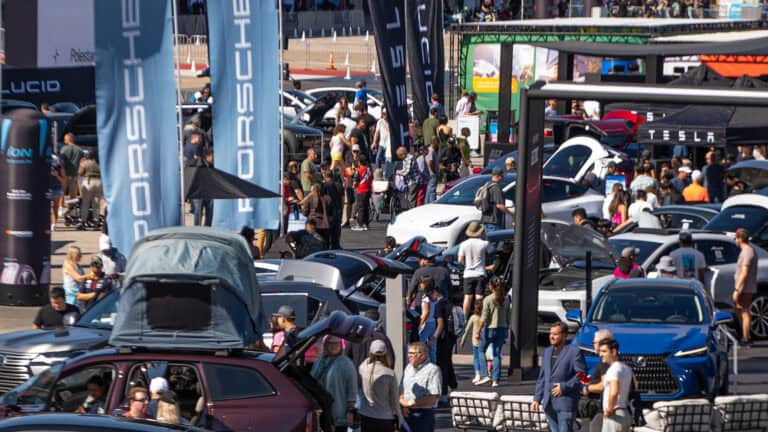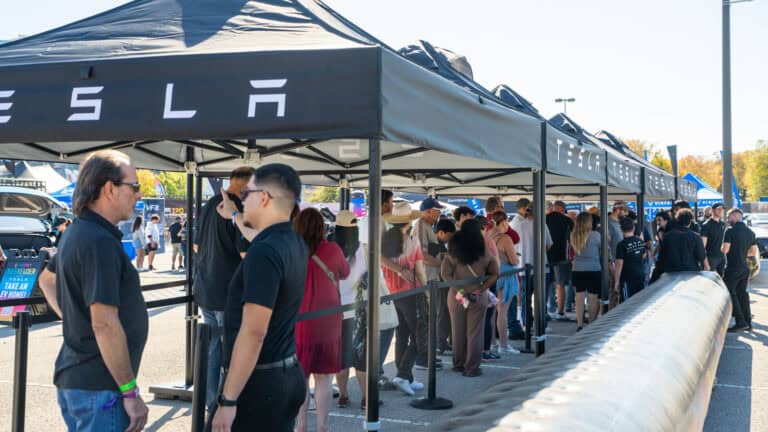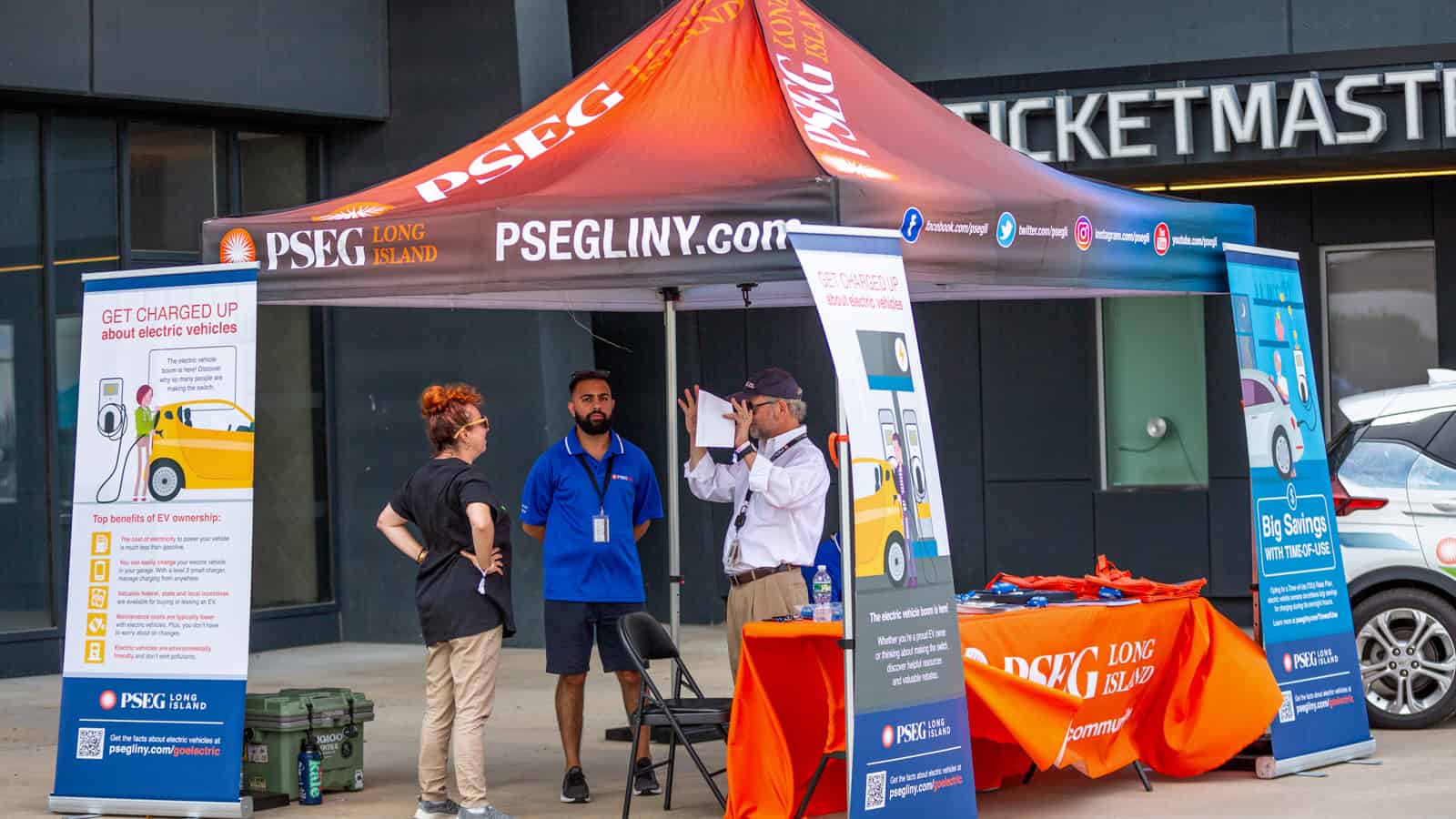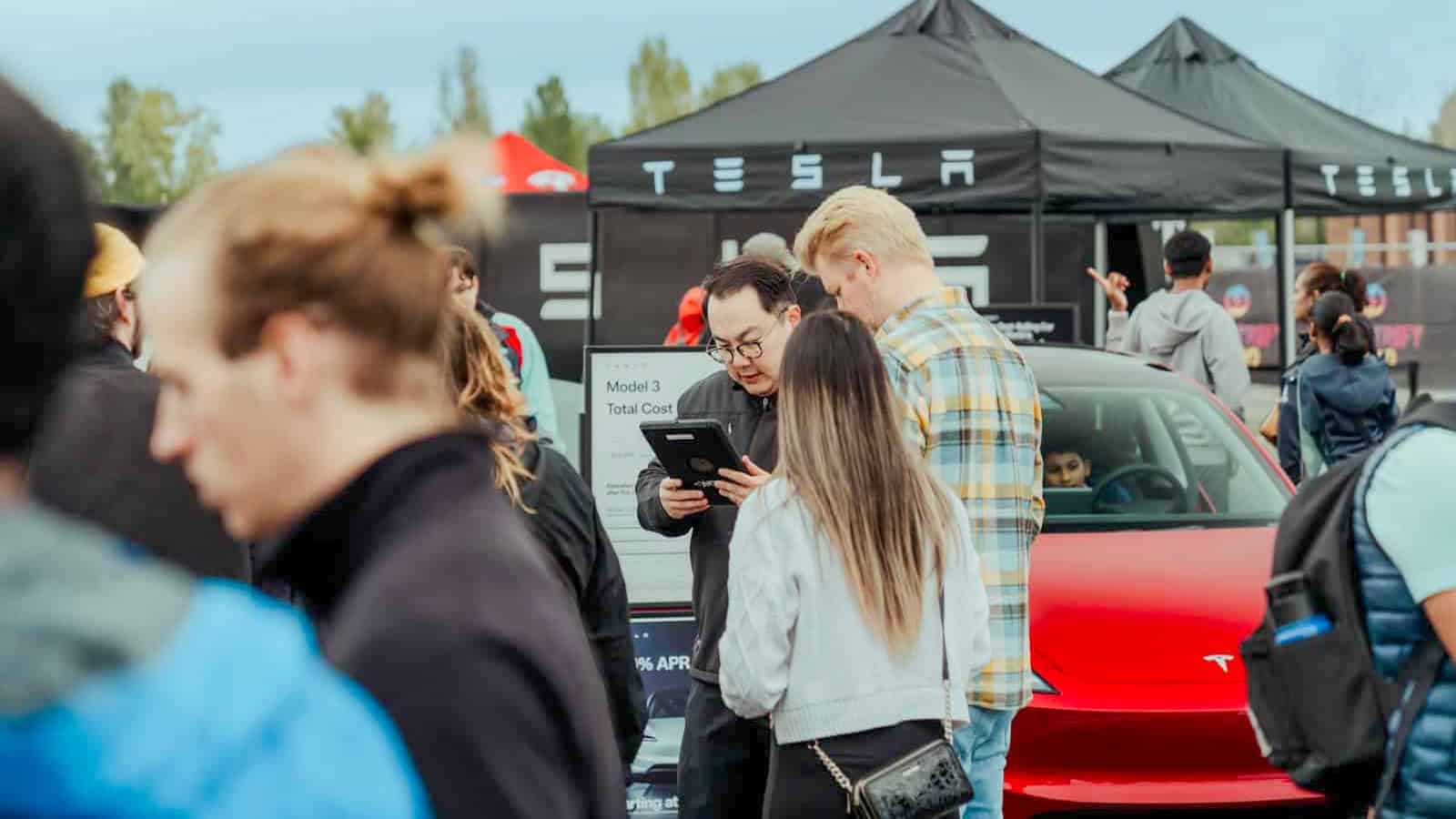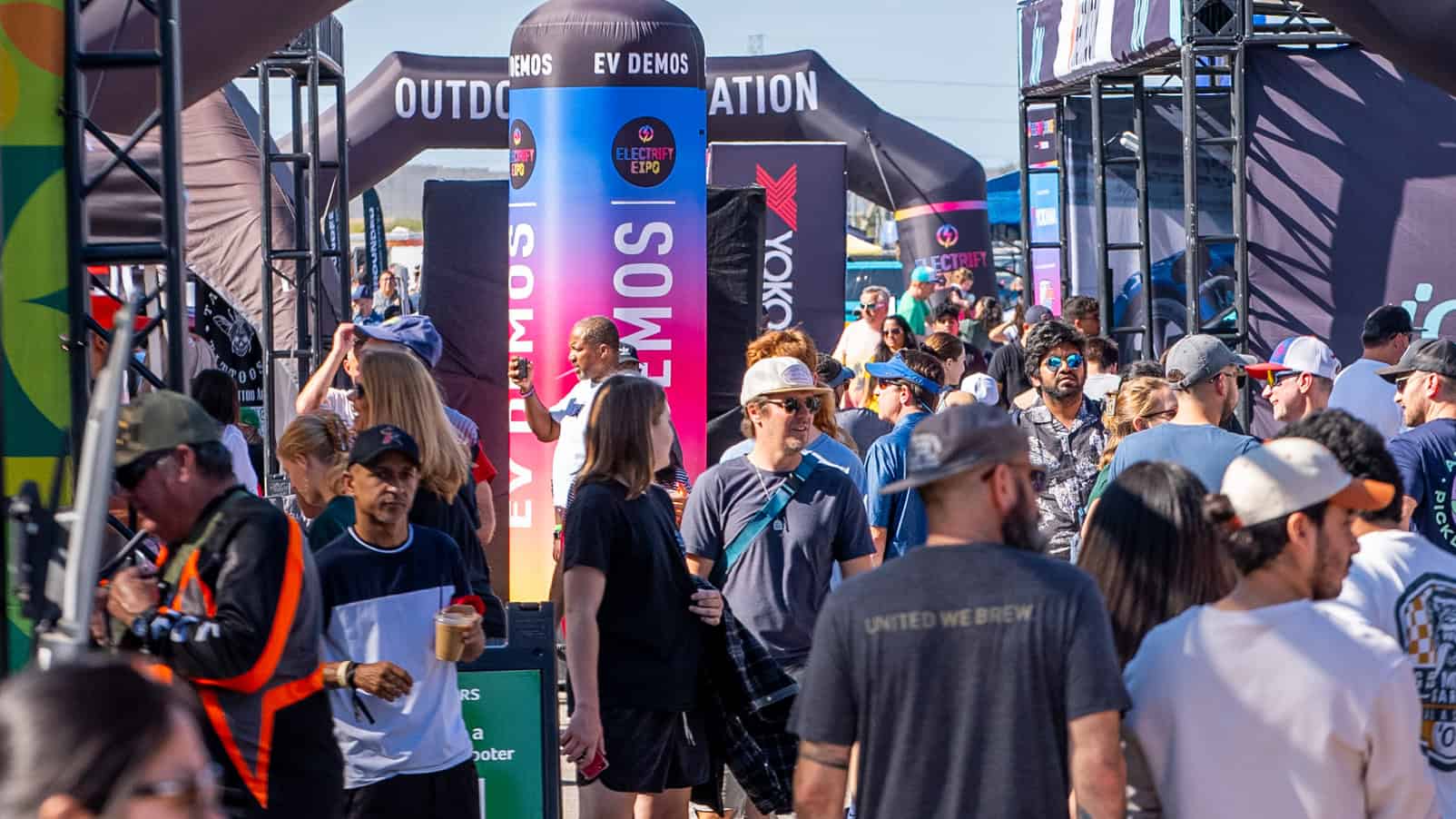- 20% of new cars sold in California are zero‑emission vehicles.
- State agencies propose replacing lost EV tax credits, adding buyer protections, streamlining permits, and cracking down on freight-related emissions.
- EV charging costs may drop under proposals tied to the California Climate Credit.
- Agencies want faster permits to speed up charging station construction across highways and cities.
ADVERTISEMENT
Funny thing is cold hard data can feel sneaky, right? Nearly one in five new cars sold in California is already a zero‑emission ride. Yes, 20%. That’s wild IMO. And yes, this is in a report delivered to the Governor after Executive Order N‑27‑25. The whole thing feels urgent, a kind of “wait, hang on” moment wrapped in context and numbers, and yet, peppered with genuine hope.
A group of state agencies (CARB, CEC, GO-Biz, CalSTA, and DCA) came together with a shared goal to ramp up zero-emission vehicle (ZEV) deployment across California. That phrase, zero-emission vehicle deployment, sits right at the center of the entire report. Their recommendations cover six distinct areas, each with its own purpose and strategy.
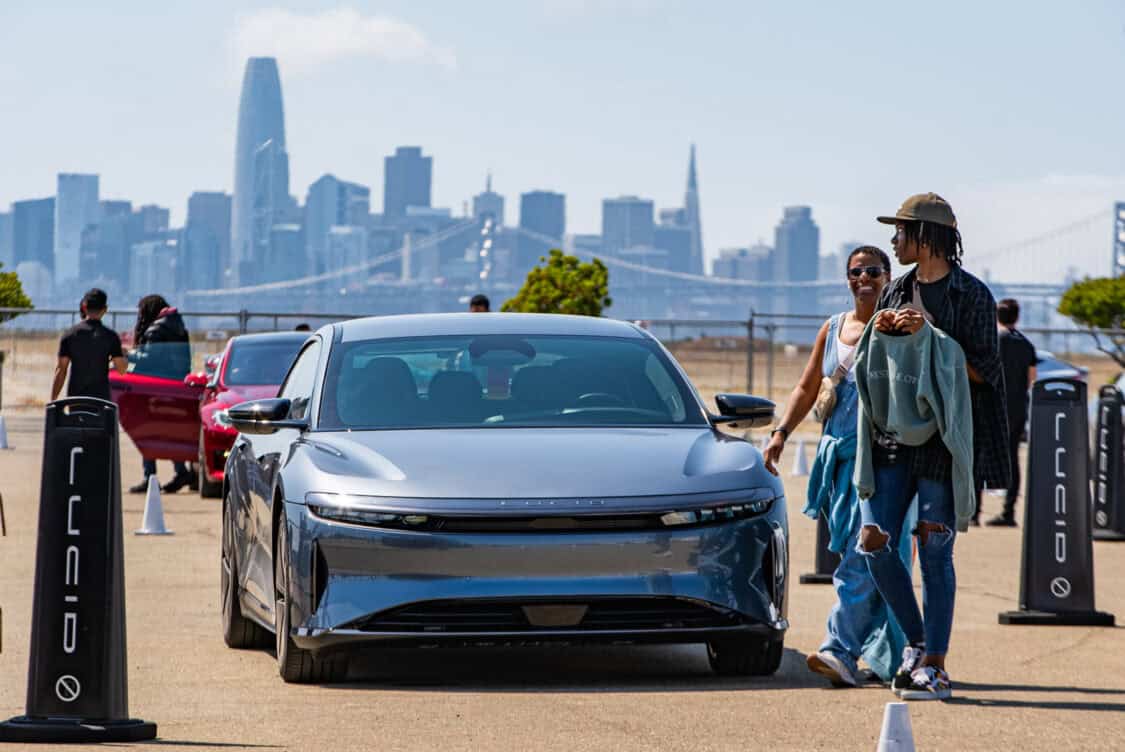
Let’s start with the investment. I like to follow the money. The state wants to keep the Low Carbon Fuel Standard active so private investment keeps flowing into zero‑emission vehicles. On the incentive side, they’re eyeing potential funding to help cover the gap left by federal tax credits expiring on September 30. That could mean support for low‑income drivers and small businesses, provided the right conditions line up.
Then there’s charging infrastructure. The focus here is cutting red tape to make permitting faster, while boosting reliability for both EV chargers and hydrogen stations. Especially along the highways where people actually need them. No more pulling up to a charger and finding it offline. On the pricing front, there’s talk of using the California Climate Credit to lower electricity costs for EV drivers, along with possible changes to energy market rules to reduce bill shock at the plug.
ADVERTISEMENT
Now this part might raise some eyebrows, but the report calls for new consumer protection rules that could shield buyers from frustrating EV experiences like unexpected fees, faulty vehicles, or charging headaches. And the one big addition is a proposed indirect source rule aimed at cutting emissions tied to freight activity. Warehouses, ports, and railyards are finally getting some scrutiny, which could help reduce health risks in neighborhoods that deal with heavy pollution every day.
Procurement gets a spotlight too. State agencies plan to put zero‑emission vehicles at the front of their purchasing priorities, backing that up with support for fleet electrification. Think of it as walking the walk. And over 1,000 Californians took part in public sessions held in Fresno, Sacramento, Long Beach, and online. Nearly 200 people submitted written feedback. So no, this was not handed down from a boardroom without input. It reflects real voices from across the state, layered into the process with intention and reach.
There’s also tension bubbling under the surface. Federal rollbacks have taken aim at California’s clean‑air waivers, and the state is already in court over it. At the same time, there’s growing concern around the federal EV tax credits, which expire on September 30. That’s up to $7,500 per vehicle gone overnight.
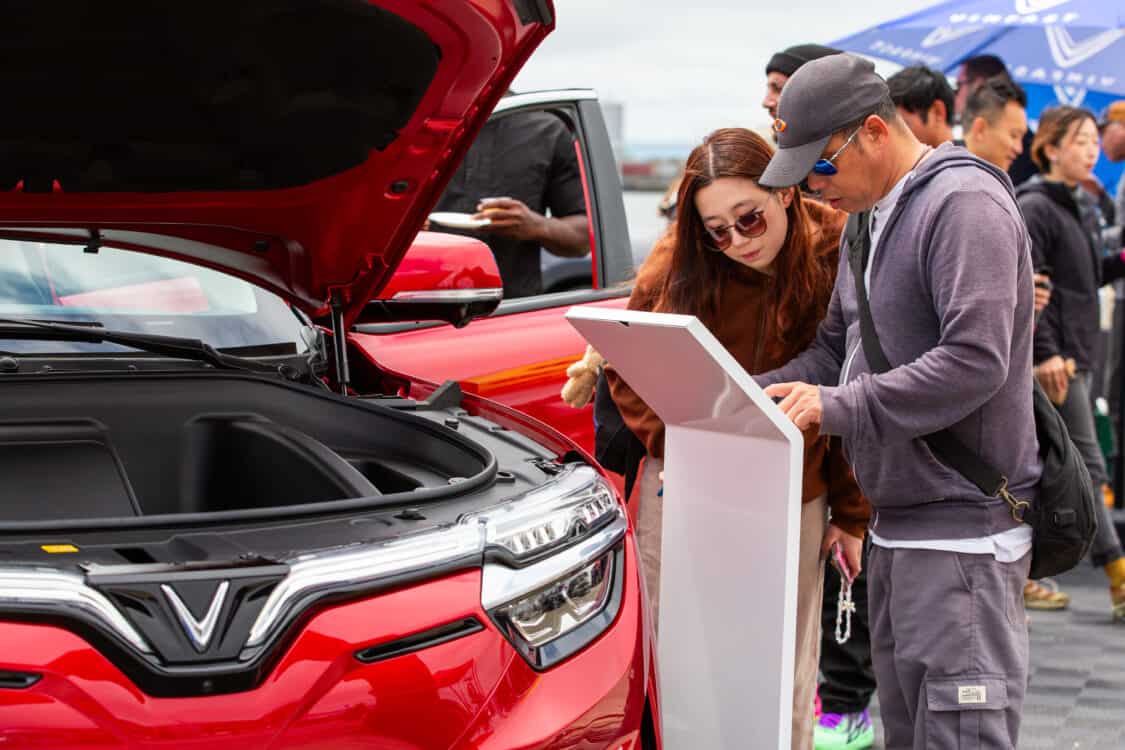
To help cushion the blow, the report outlines backup plans to keep incentives going. Liane Randolph, Chair of CARB, made it clear the current regulation was adopted well before what she described as a “wholesale federal assault” on clean air progress. She’s not budging from the original timeline.
Mary Creasman, CEO of California Environmental Voters, got straight to the point by saying, “The way out of the gas‑price crisis is clean, affordable, reliable, electric transportation and robust transit.” And she’s praising the administration’s “all‑of‑the‑above strategy,” especially as Californians are bracing for gas to possibly climb over $8 a gallon by the end of 2026.
And in Southern California alone, about 1,500 people die each year from unhealthy air pollution. That number represents real people, not just data points. According to the Los Angeles Times, Liane Randolph said, “Clean air efforts are under siege, putting the health of every American at risk.” It’s blunt. And it stings. But it needs to be said.
ADVERTISEMENT

IMAGES: ELECTRIFY EXPO
FTC: We use income-earning auto affiliate links. Learn more.


